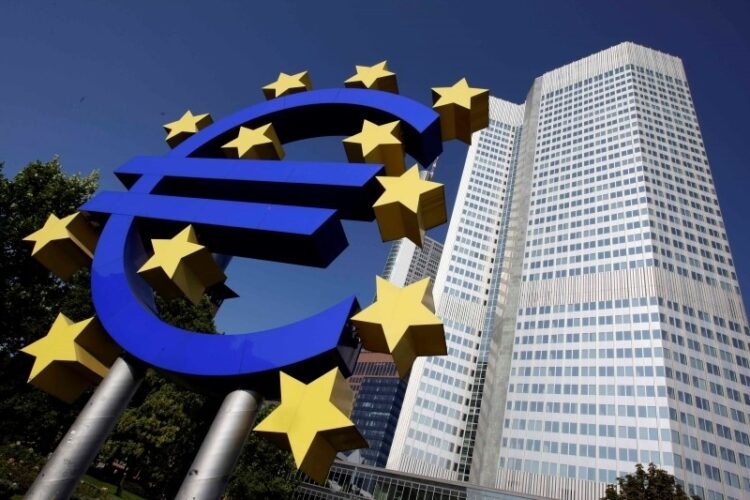Publisher: Maaal International Media Company
License: 465734
Standard & Poor’s expects eurozone economy to grow by 1.2% in 2025
The global credit rating agency Standard & Poor’s expects the eurozone economy to grow by 1.2% next year, up from 0.8% this year, mainly due to a good performance from Spain, but a weak performance in Germany is likely to limit gains.
According to Euronew, the credit rating agency recently issued its economic forecast for the eurozone for the first quarter of next year, and expected economic performance in Spain to remain resilient, with growth expected to reach 2.2%, while Germany is likely to see a slowdown in economic growth.
The agency expects German GDP to grow by about 0.4% year-on-year in the first quarter of next year, which is significantly lower than the expected GDP growth rate in the eurozone, which is 1.2%. Similarly, the Italian economy is also expected to lag behind at 0.7%.
اقرأ المزيد
Regarding the reasons behind Germany’s expected weak performance early next year, Euronews quoted Sylvain Breuer, chief economist for Europe, the Middle East and Africa at Standard & Poor’s, as saying that this reflects a crisis of confidence, driven by the belated recognition that the German economic model is no longer viable. The expert explained that the model based on exporting medium-innovation products to the United States and China, supported by cheap energy and labor, is now a thing of the past, and this shift comes amid a rapidly aging workforce and political stagnation. Regarding the factors driving the Spanish economic recovery, Euronews quoted Breuer as saying that Spain’s superior performance is multifaceted, adding that tourism after the pandemic is not the only reason behind it, as industrial production is constantly expanding in Spain, and last year, consumer spending was the main driver of growth. He added that secondary effects “such as higher wages or higher production costs that affect prices” on core inflation in Spain were less severe or influential than in other countries, and the expert went on to say that stronger employment growth, driven by labor market reforms aimed at replacing fixed-term contracts with open-ended ones, provides another explanation for the recovery.
Euronews indicated that the global credit rating agency Standard & Poor’s expects the European Central Bank to now cut interest rates faster than expected, mainly due to continued weak confidence, in addition to more data supporting a decline in inflation.
The main interest rate is now expected to reach 2.5% before next summer, which is significantly ahead of Standard & Poor’s previous forecast in September 2025, according to the European channel.
Regarding how the ECB’s rapid rate cuts would affect these expectations, Euronews quoted Sylvain Brouwer, chief economist for Europe, the Middle East and Africa at Standard & Poor’s, as saying that a faster rate cut could help boost confidence, which has remained surprisingly low despite the return of growth, falling inflation and full employment. As a result, a faster rate cut would support the recovery in consumer spending and investment, which remain the main pillars of the European recovery. Regarding the impact of expected US tariffs on advanced and emerging economies, Euronews quoted Marie Diron, managing director of global sovereign risk at Moody’s, as saying that higher US tariffs could ignite renewed inflationary pressures and tighten monetary policy, which would harm US growth and its fiscal path. Advanced and emerging economies where exports are a major driver of growth, such as Germany and Korea, will lose the most if trade tensions escalate, she added, noting that European economies deeply integrated into Germany’s supply chain will also be affected as a result.
It also said that some emerging markets will continue to benefit from the global reconfiguration of supply chains, although this will make it more difficult to allocate goods efficiently and increase costs.
“Euronews” reported that Moody’s recently issued its report on the global sovereign debt outlook for 2025, which indicated that although sovereign credit fundamentals for the coming year are expected to be stable, the scope for responding and adapting to unexpected shocks has diminished.
Government efforts to reduce debt and achieve economic goals are also likely to be hampered by tight budgets, ongoing geopolitical tensions and rising social risks. However, growth is expected to remain resilient, helping governments focus more on some long-term goals.









